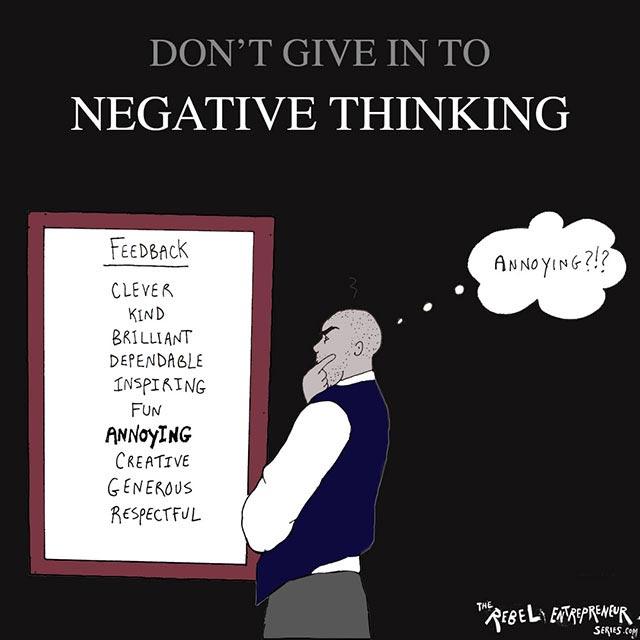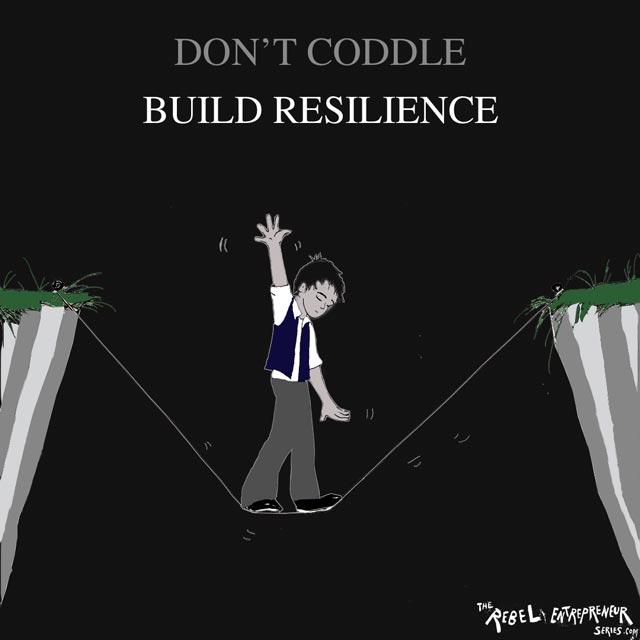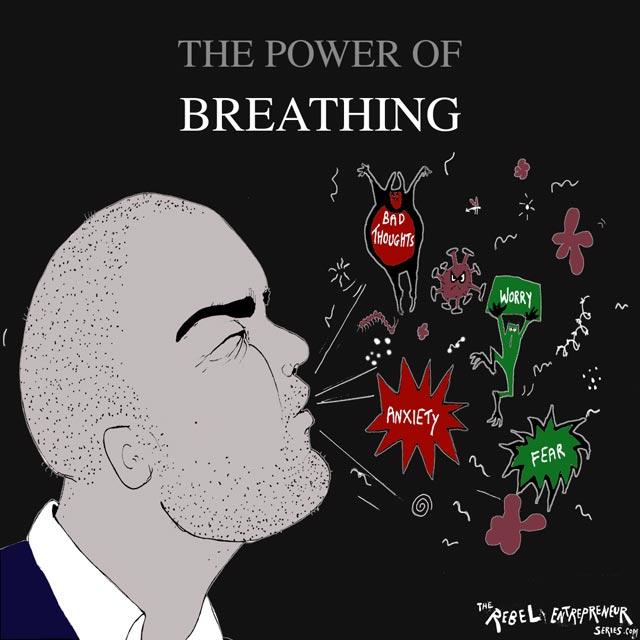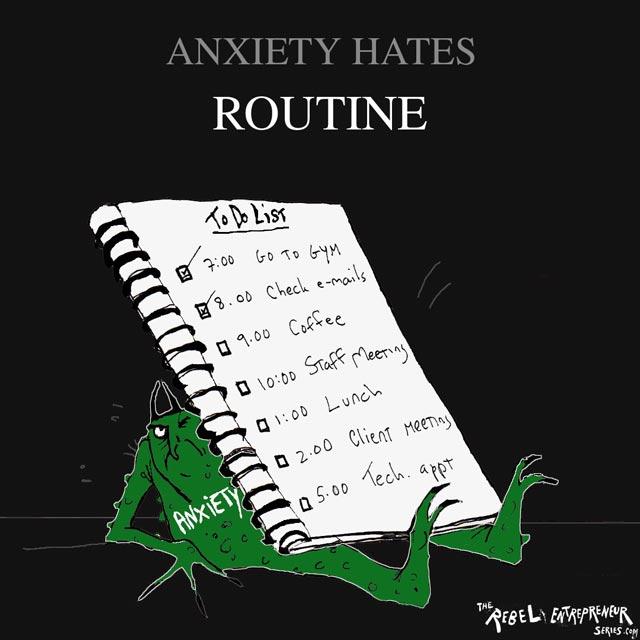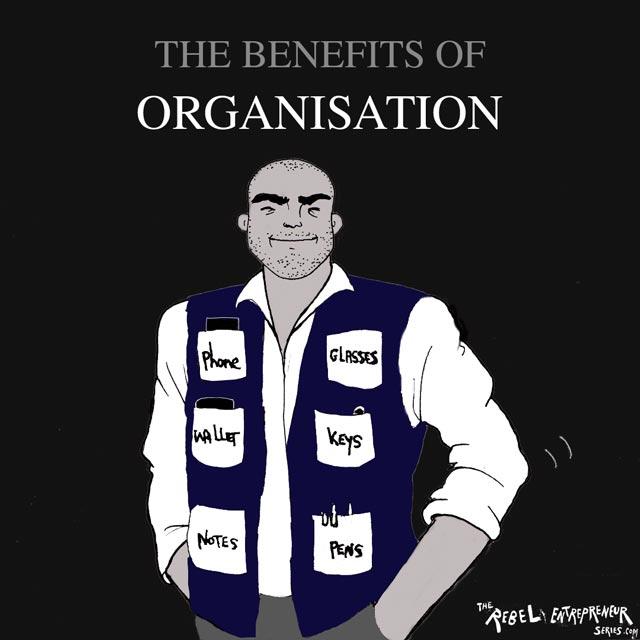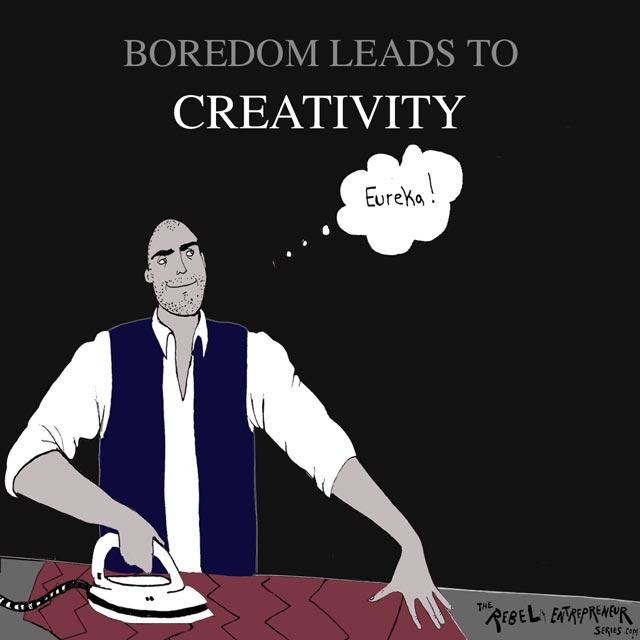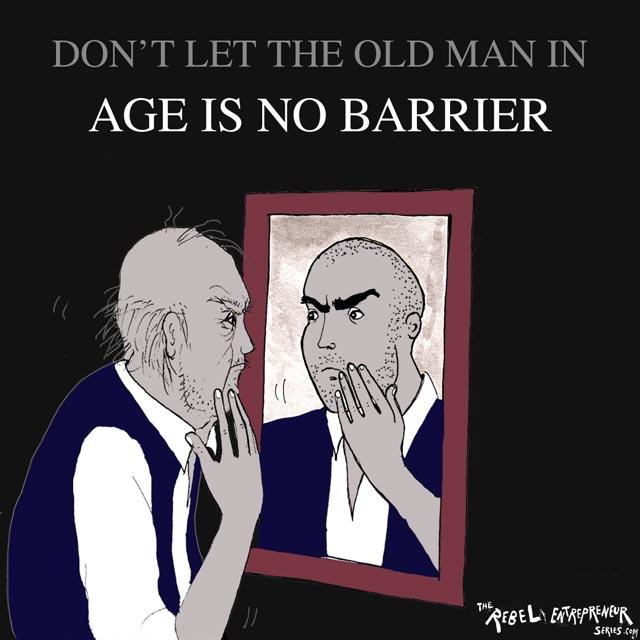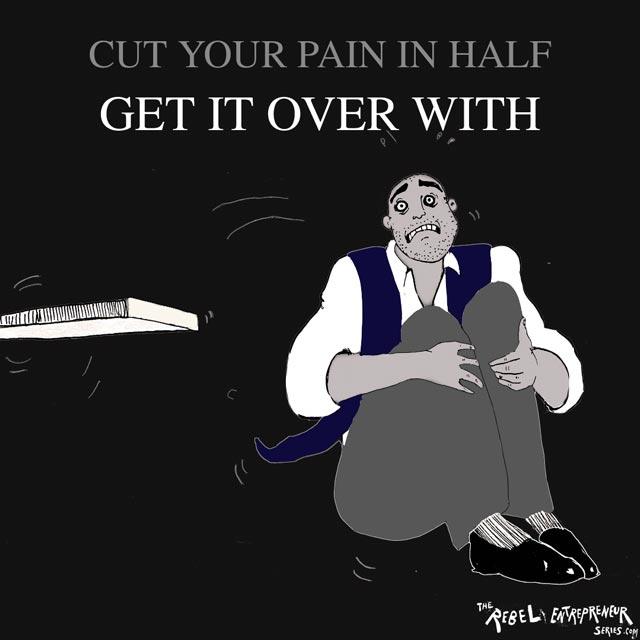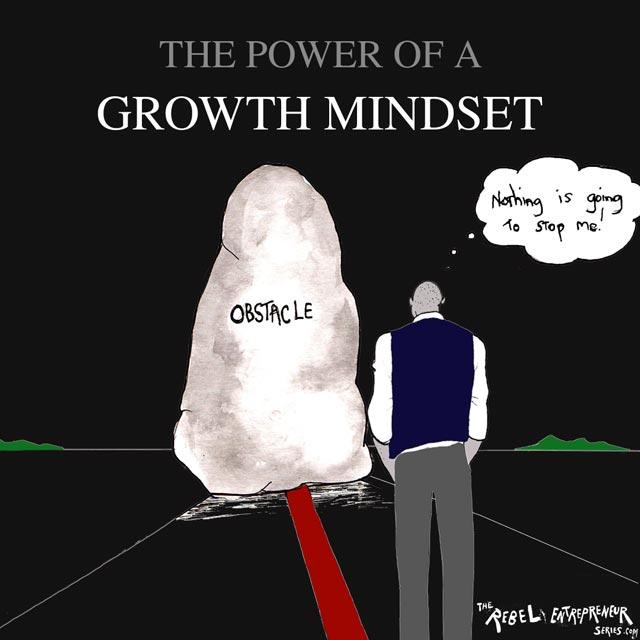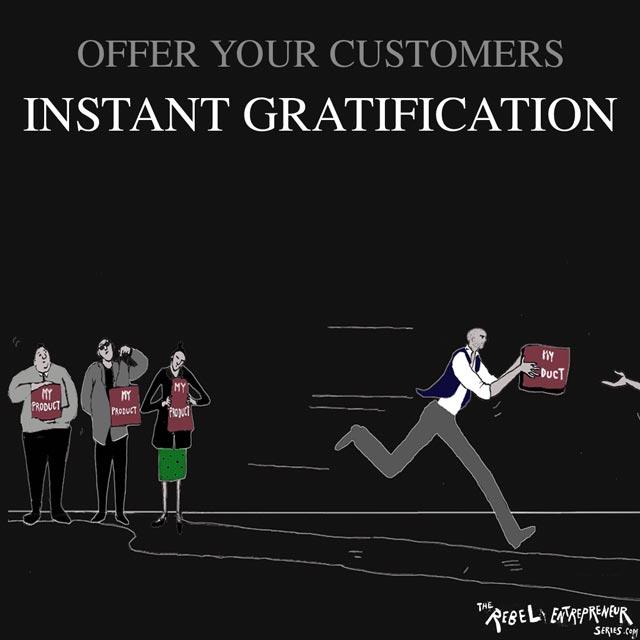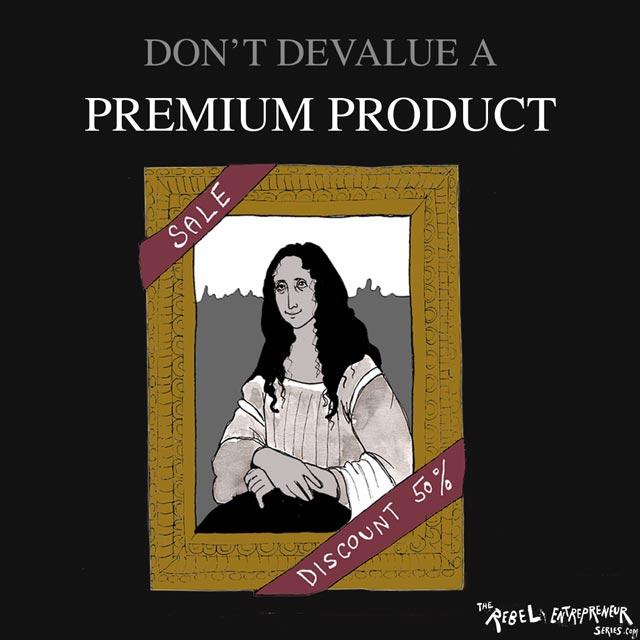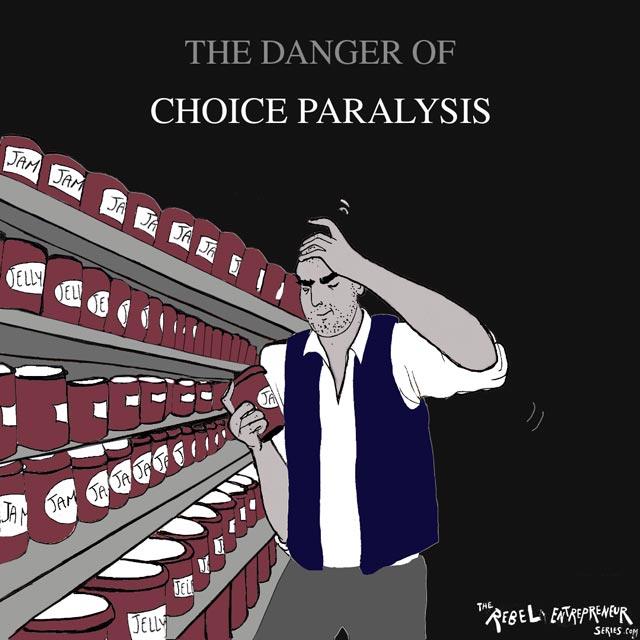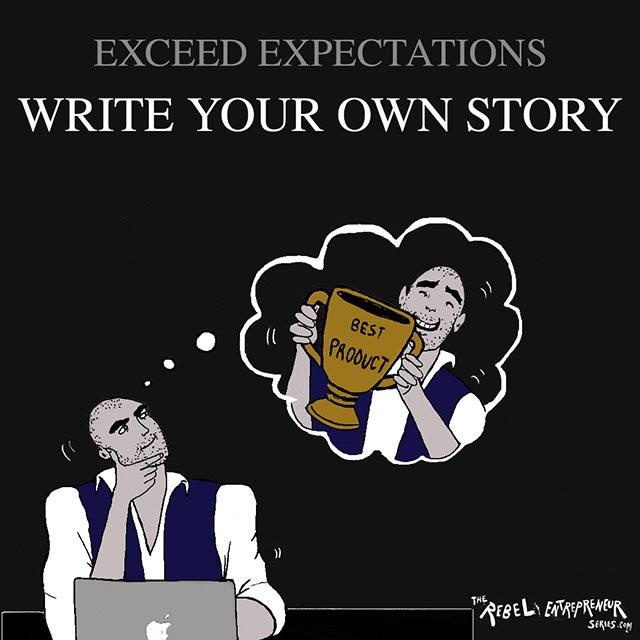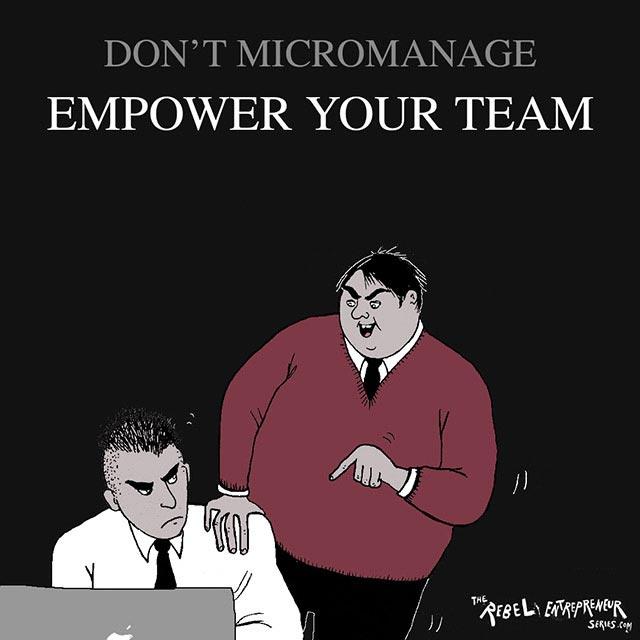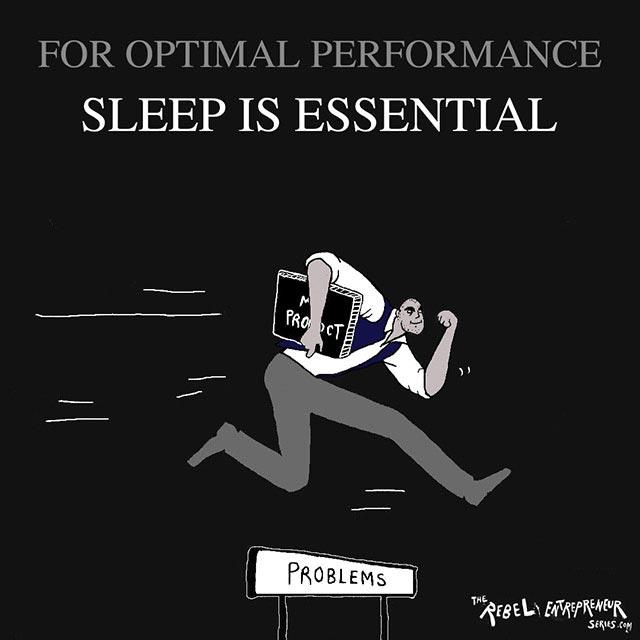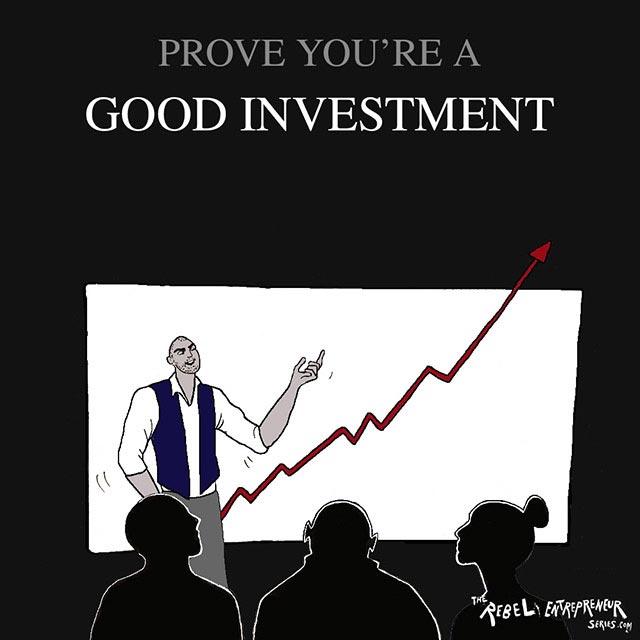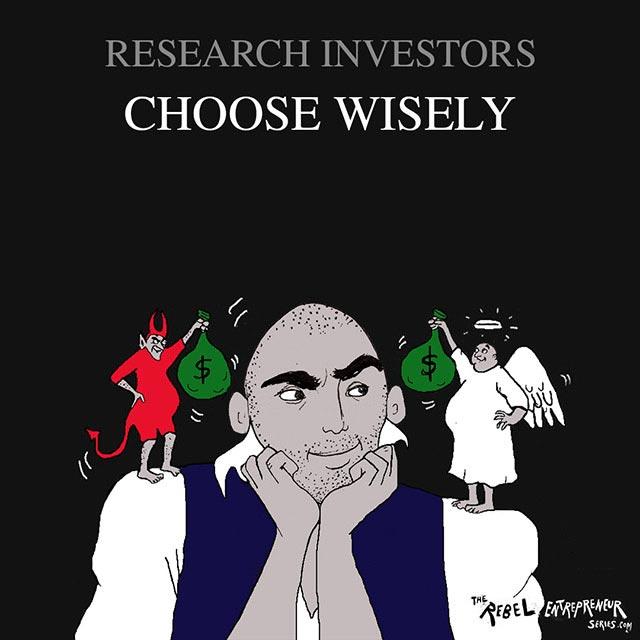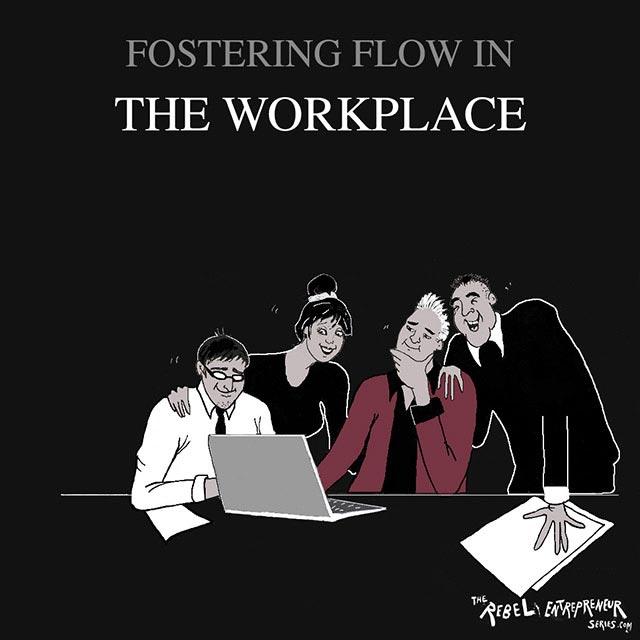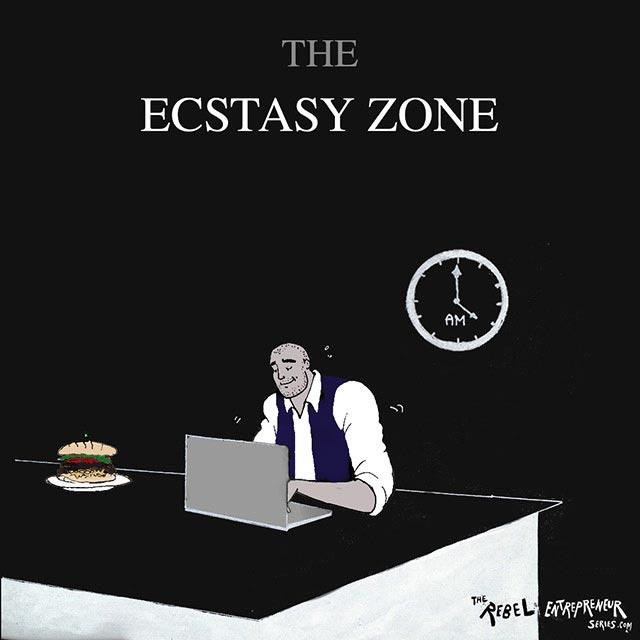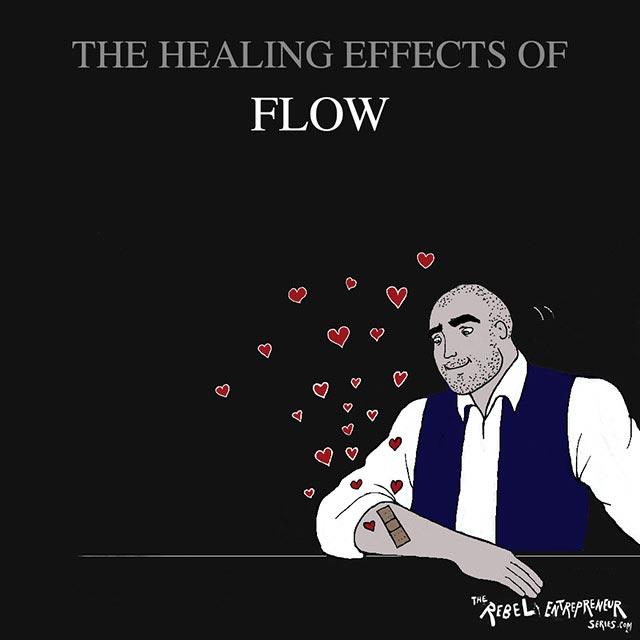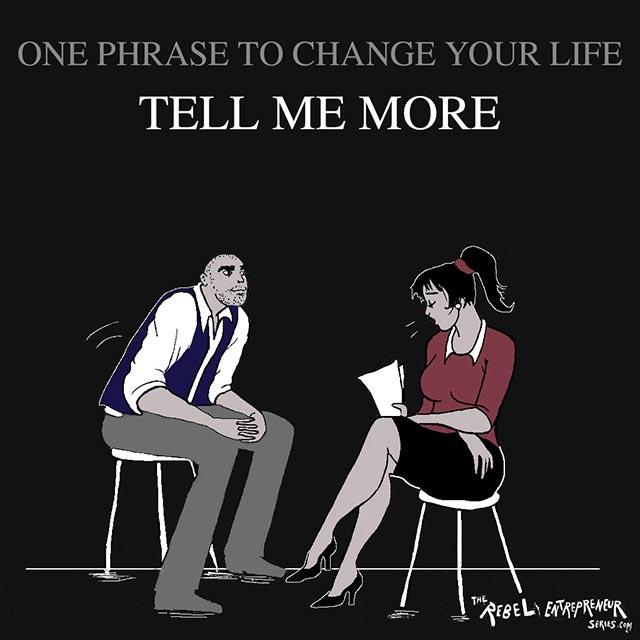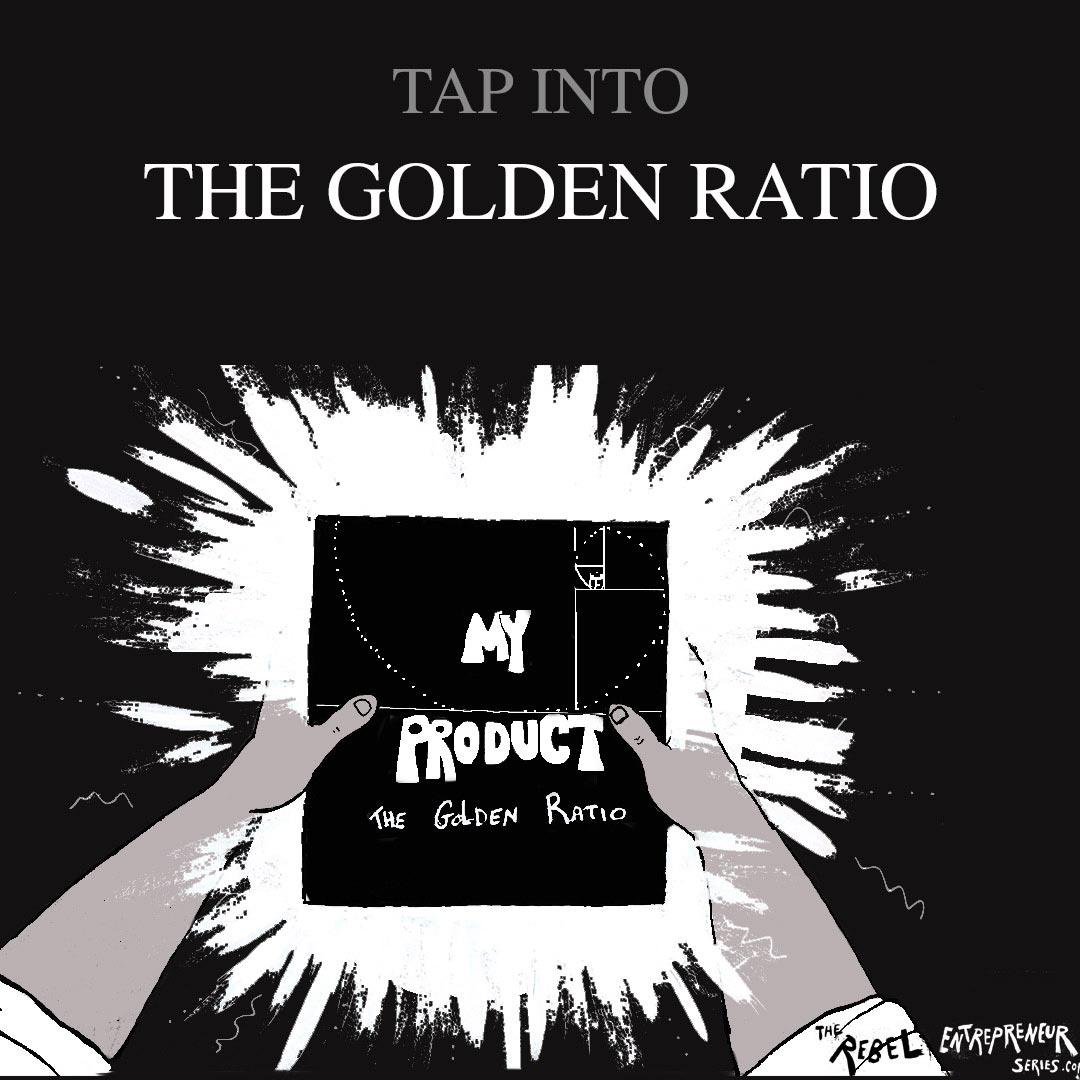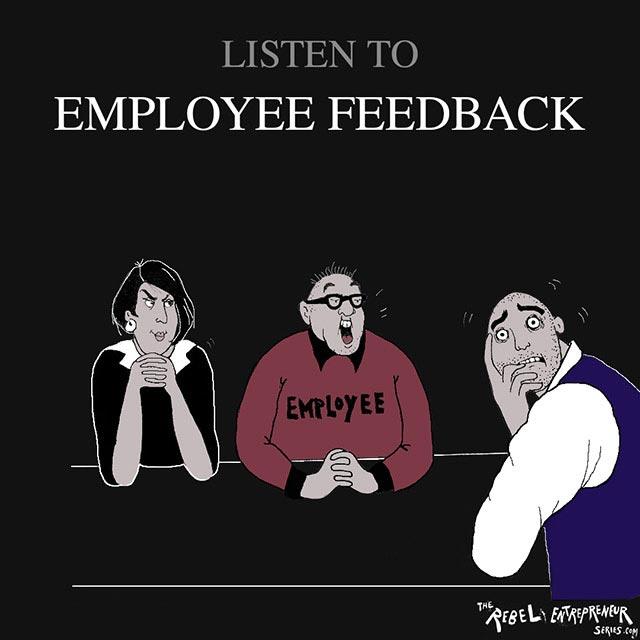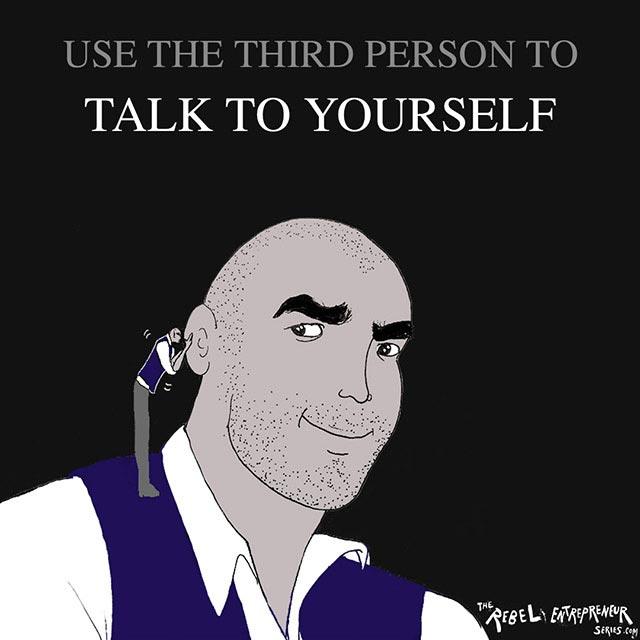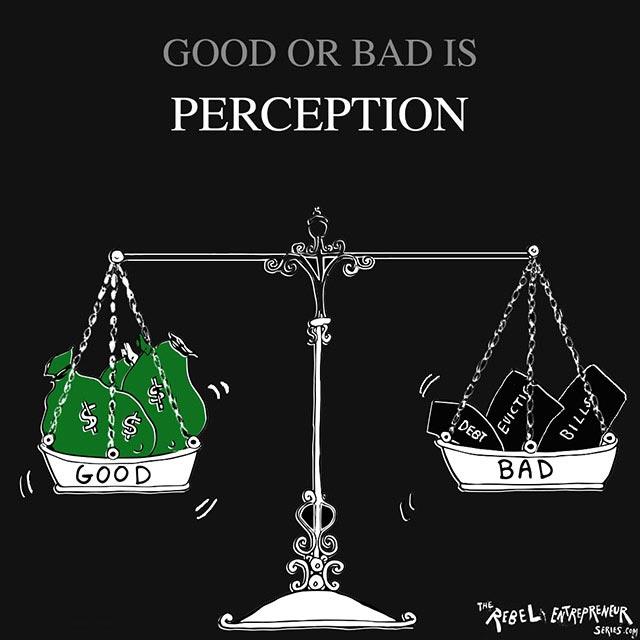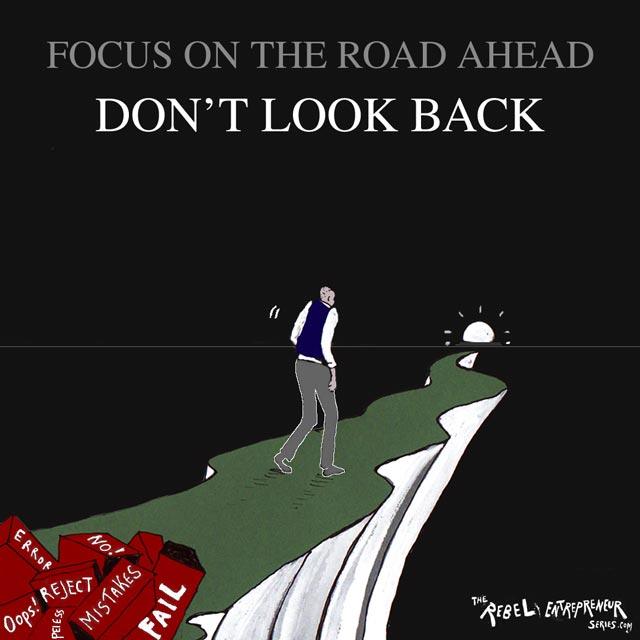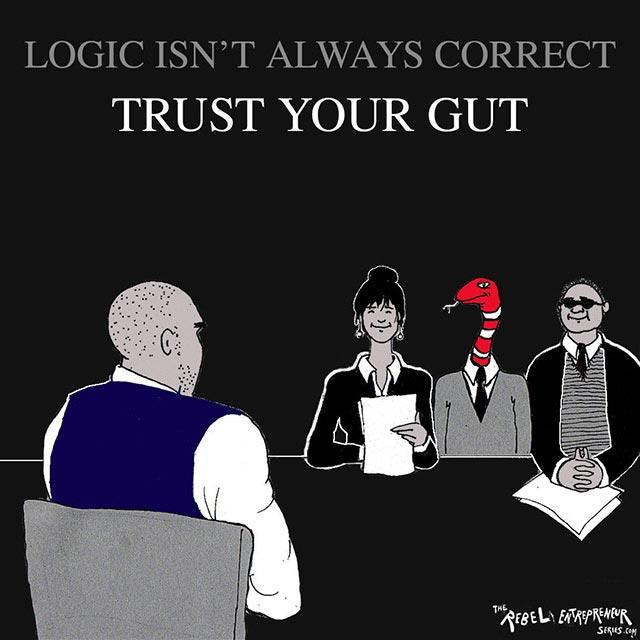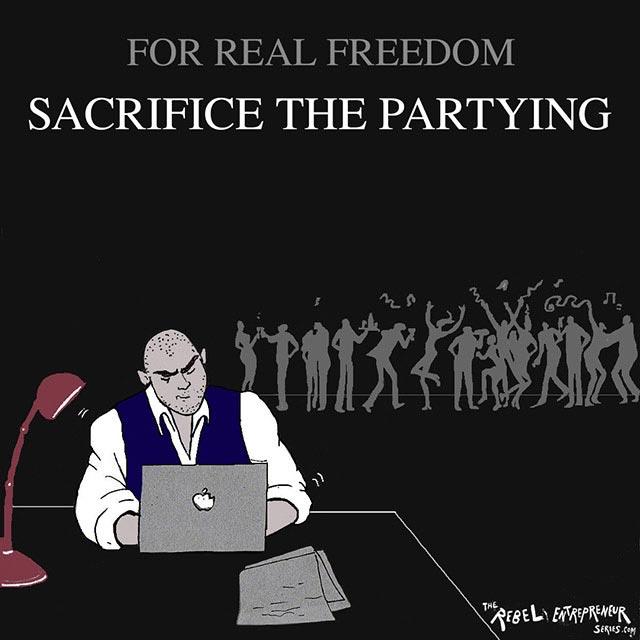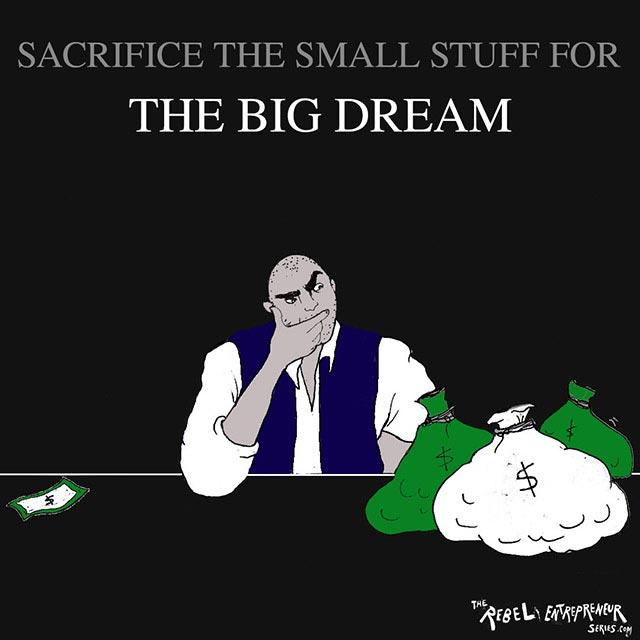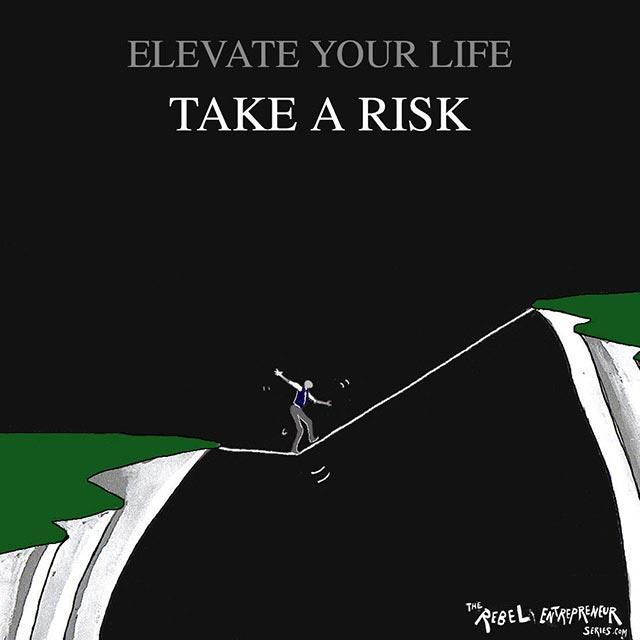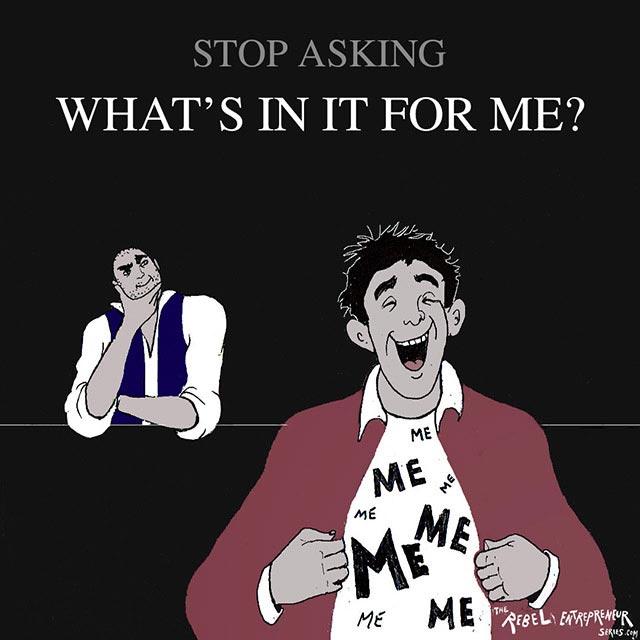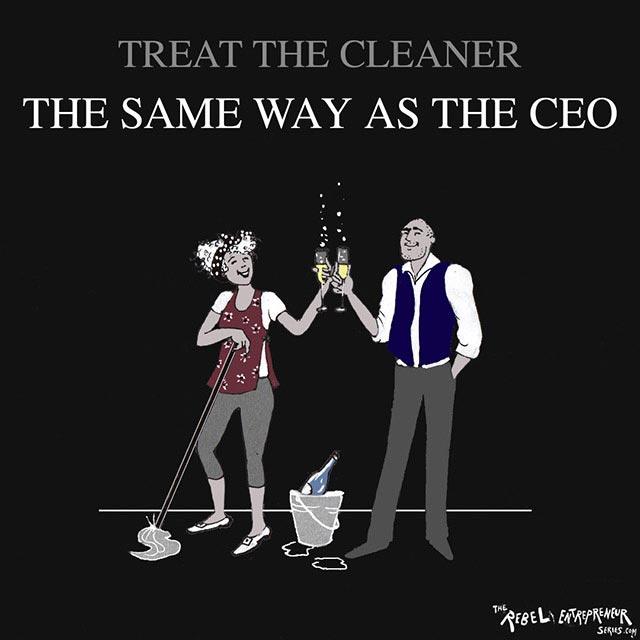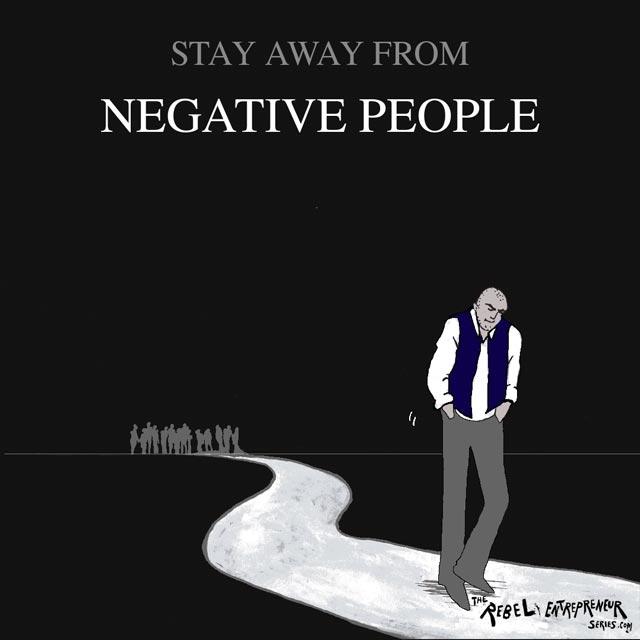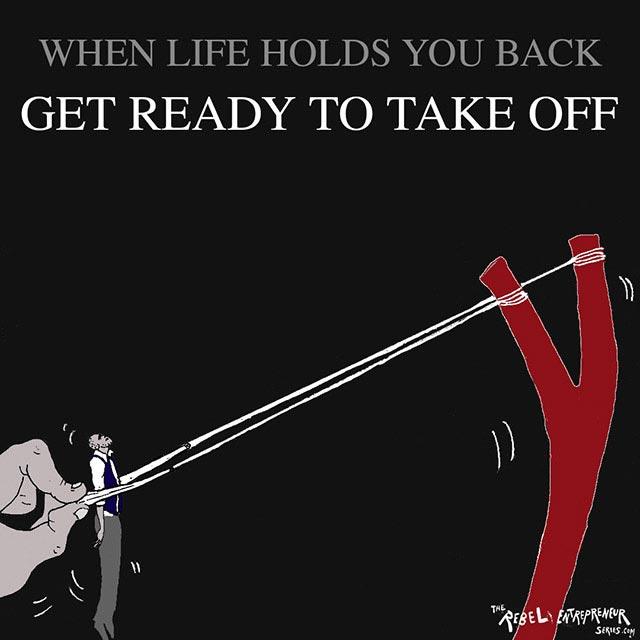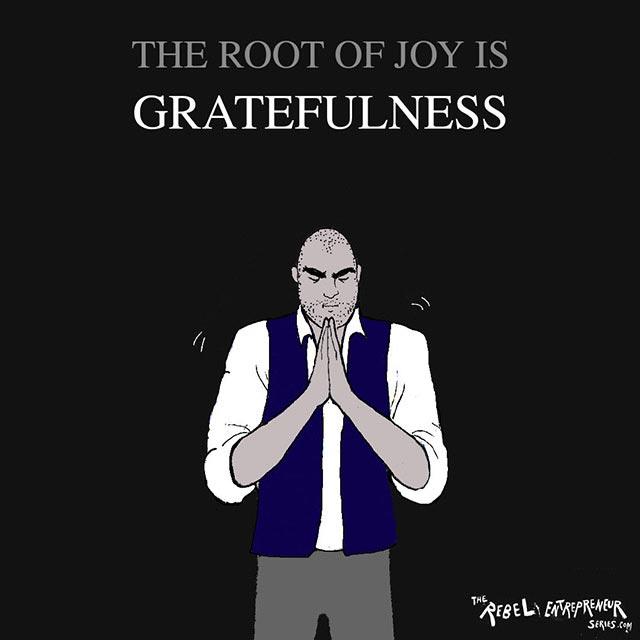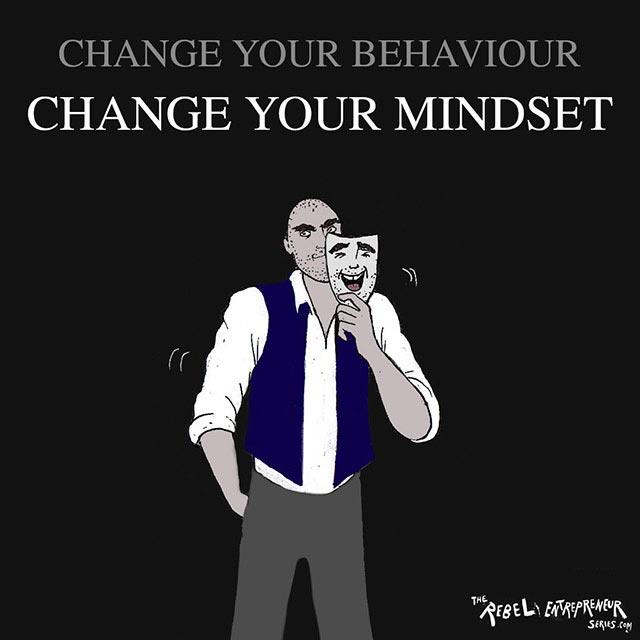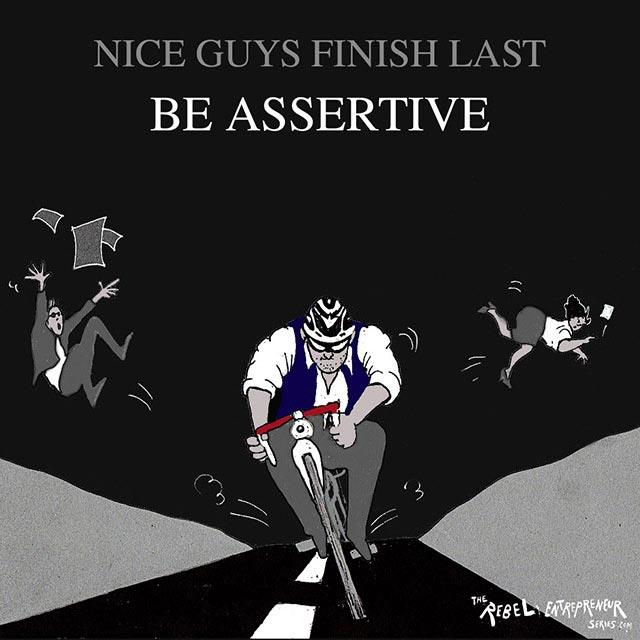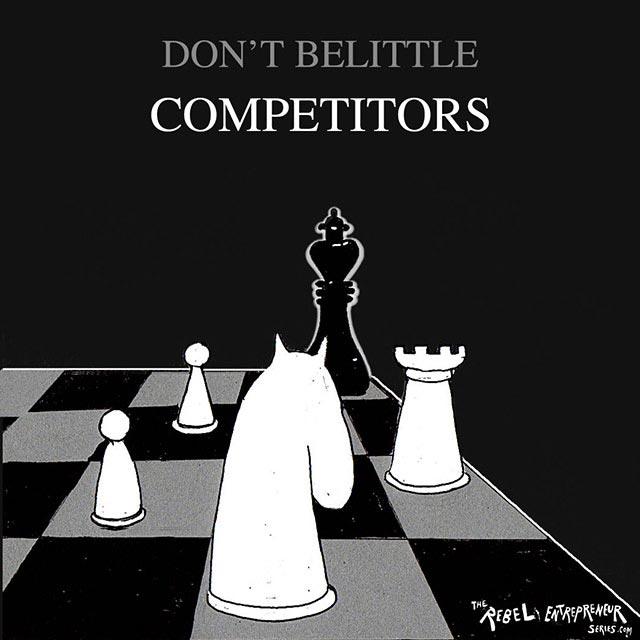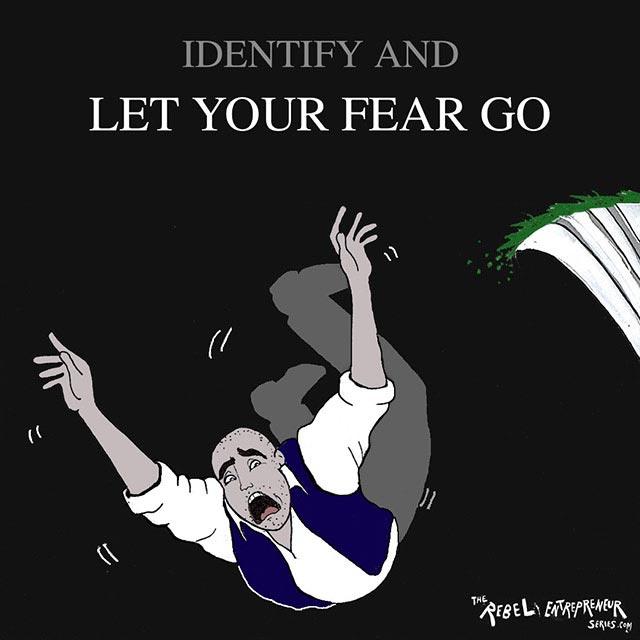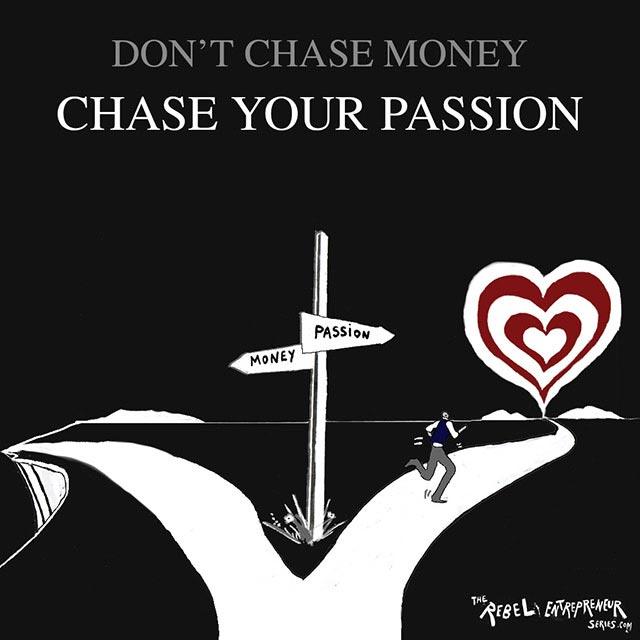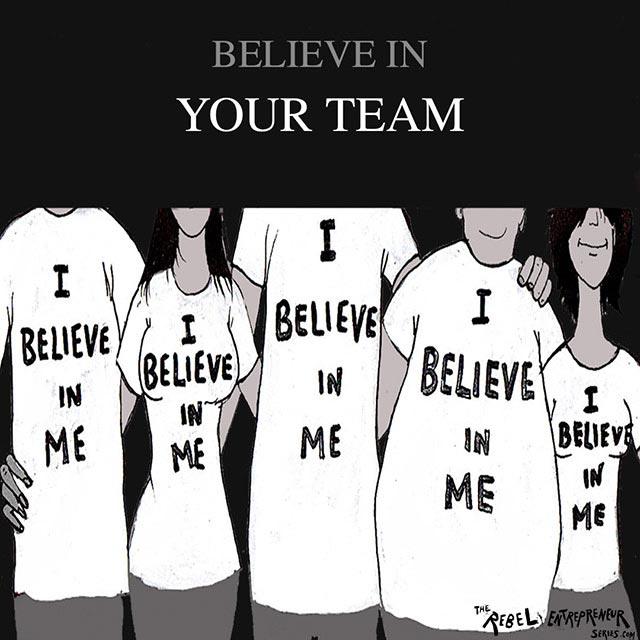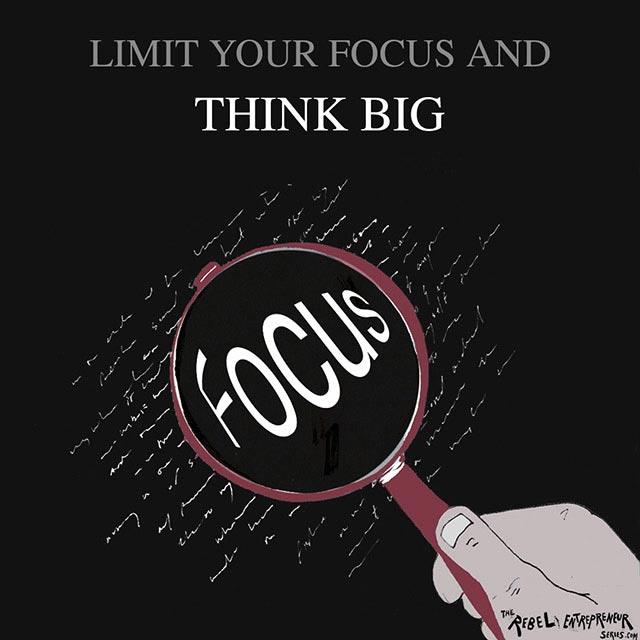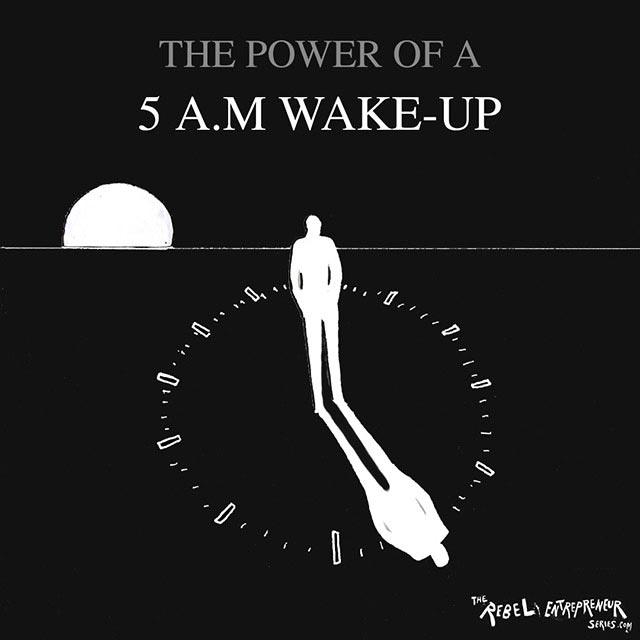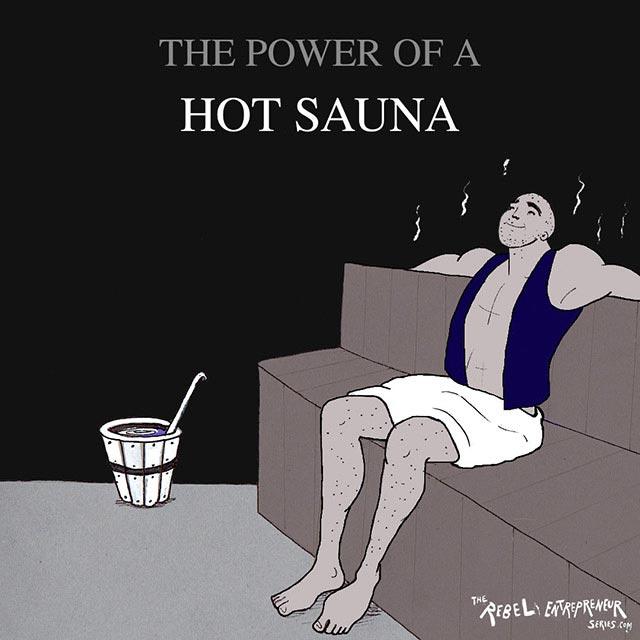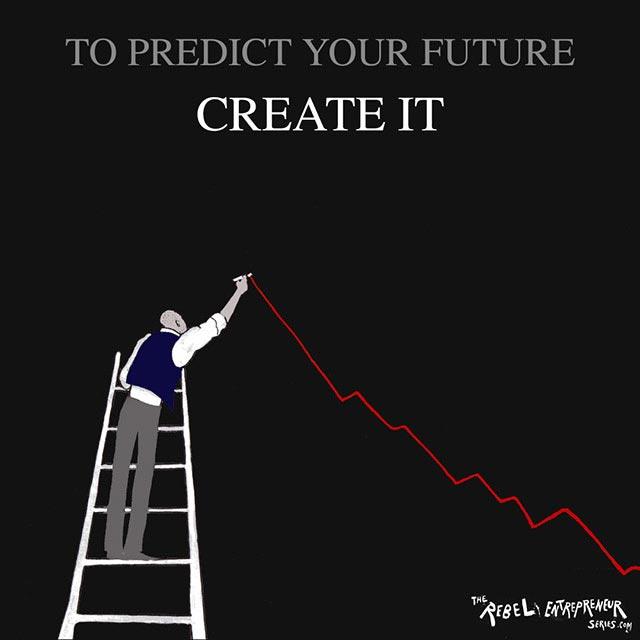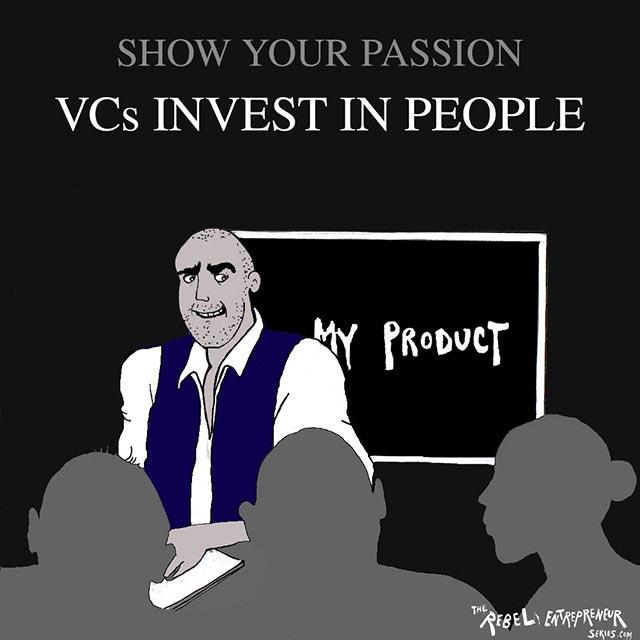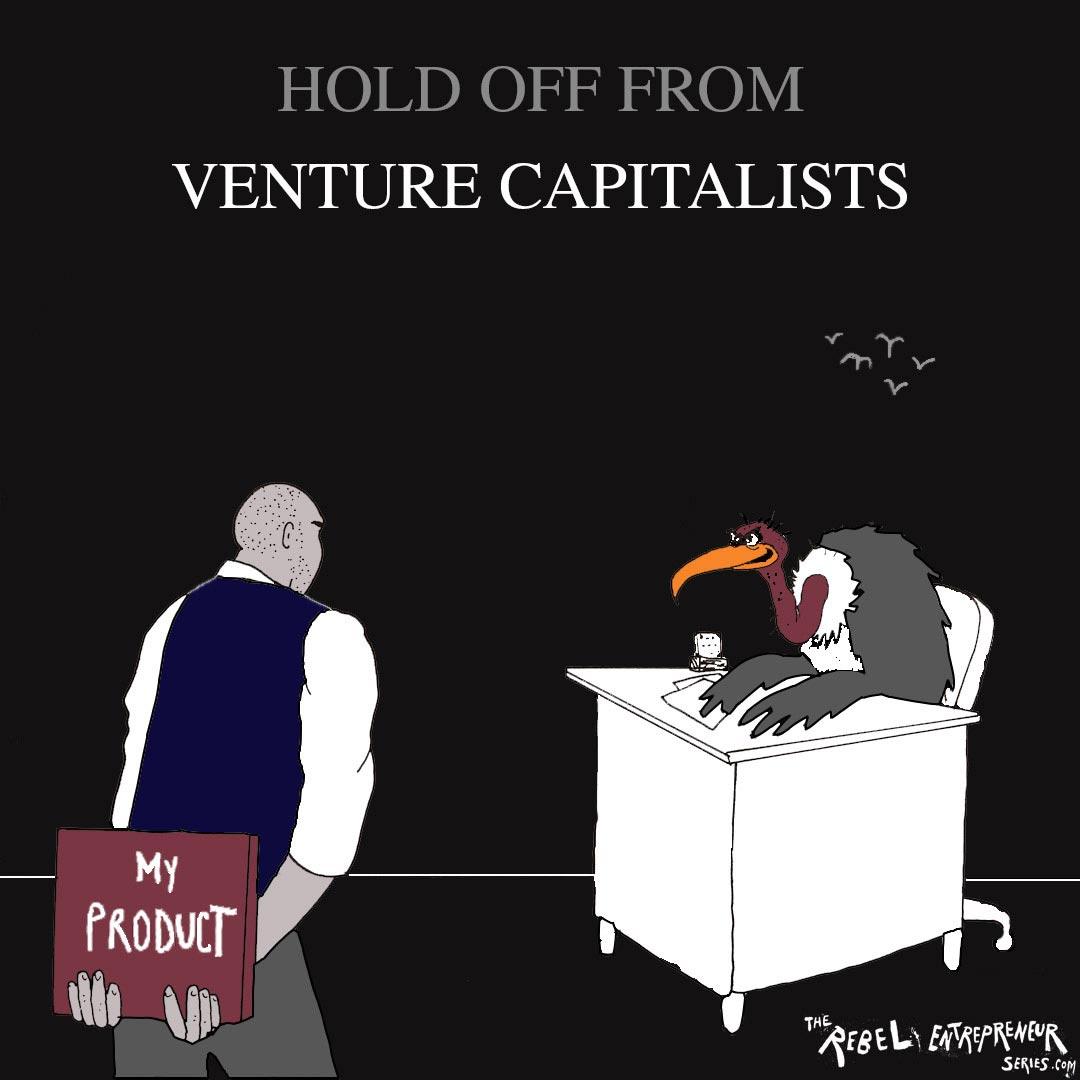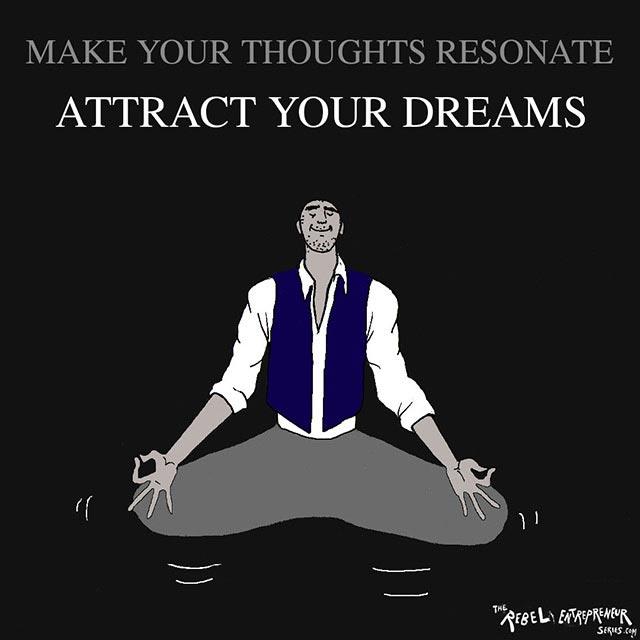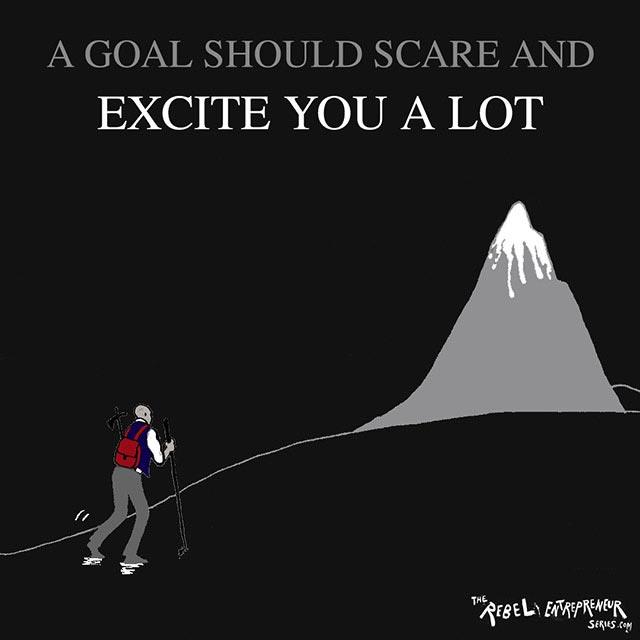Article 109: Work hard to maximise happiness
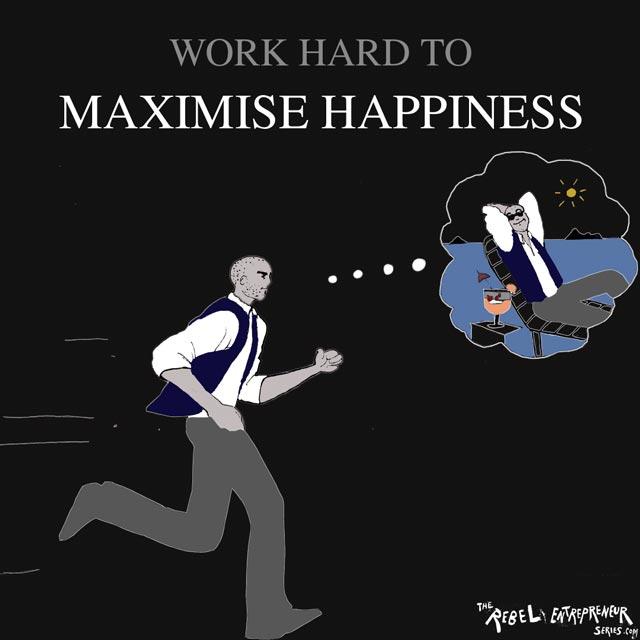
Neuroscientist Robert Sapolsky trained a group of monkeys to know that if they pressed a button ten times they would receive a food treat. Sapolsky measured the dopamine levels in the monkeys’ brains and found that they released the most dopamine during the button pressing. The levels reduced once they got their treat. The pleasure was not in the treat but in the anticipation of the reward and the hard work that lead up to it.
Humans are similarly inclined. The convenience of modern times means that is has never been easier to access pleasure, whether that’s food, entertainment or sex. It hasn’t always been this way – our ancestors were forced to hunt for food, but now convenience is a staple of life. The rise of the internet means that we barely have to lift a finger to get a quick fix of pleasure, but our happiness is maximised when we work hard before we seek a reward. Think about it – that excessive meal always tastes better after an intense workout session. A night out is much more fun when it is celebrating a particular achievement. The luxury holiday is more enjoyable after a busy period at work.
Hard work is a key ingredient in the happiness recipe. This is why Amish communities and members of Forbes’ 400 companies both rank high in terms of life satisfaction – hard work and discipline is an important element of both these drastically different lifestyles. Conversely, the children of affluent families who inherit their wealth as opposed to working hard for it report high levels of depression and anxiety.
Aristotle believed that the main reason people are unhappy is because they confuse pleasure for genuine happiness. This is why we feel numb when we constantly over-indulge, or go long periods without working towards our goals. When we seek instant pleasure, the emotional side of the brain triumphs over the logical side. The short-term reward deludes you into believing you are pursuing happiness when, in reality, you are just momentarily satisfying an emotional urge. However, when we delay the pleasure and work hard in the run up to a bigger, more meaningful reward, we can maximise our happiness. Essentially the harder you work, the better you feel.
PLEASE LIKE HERE
